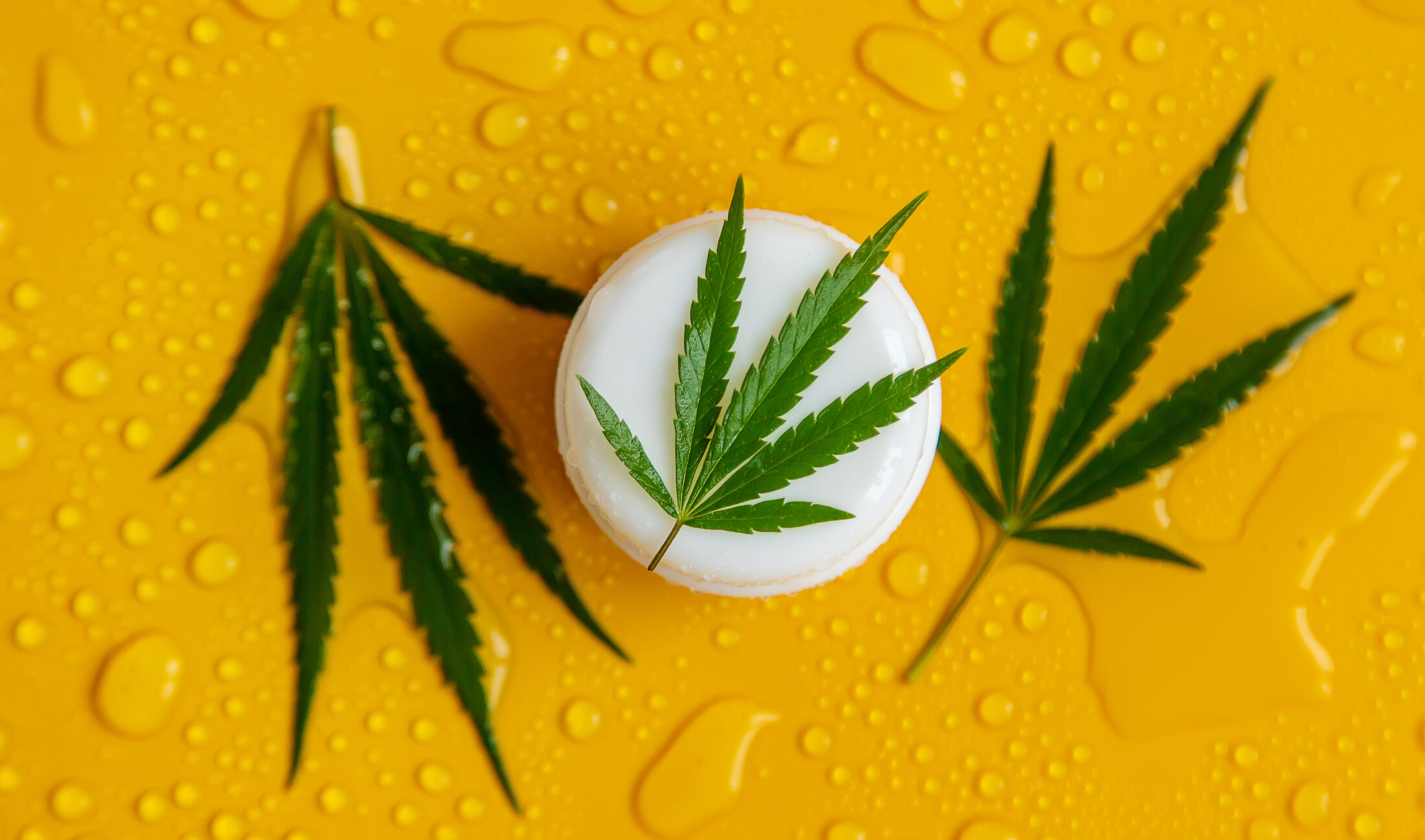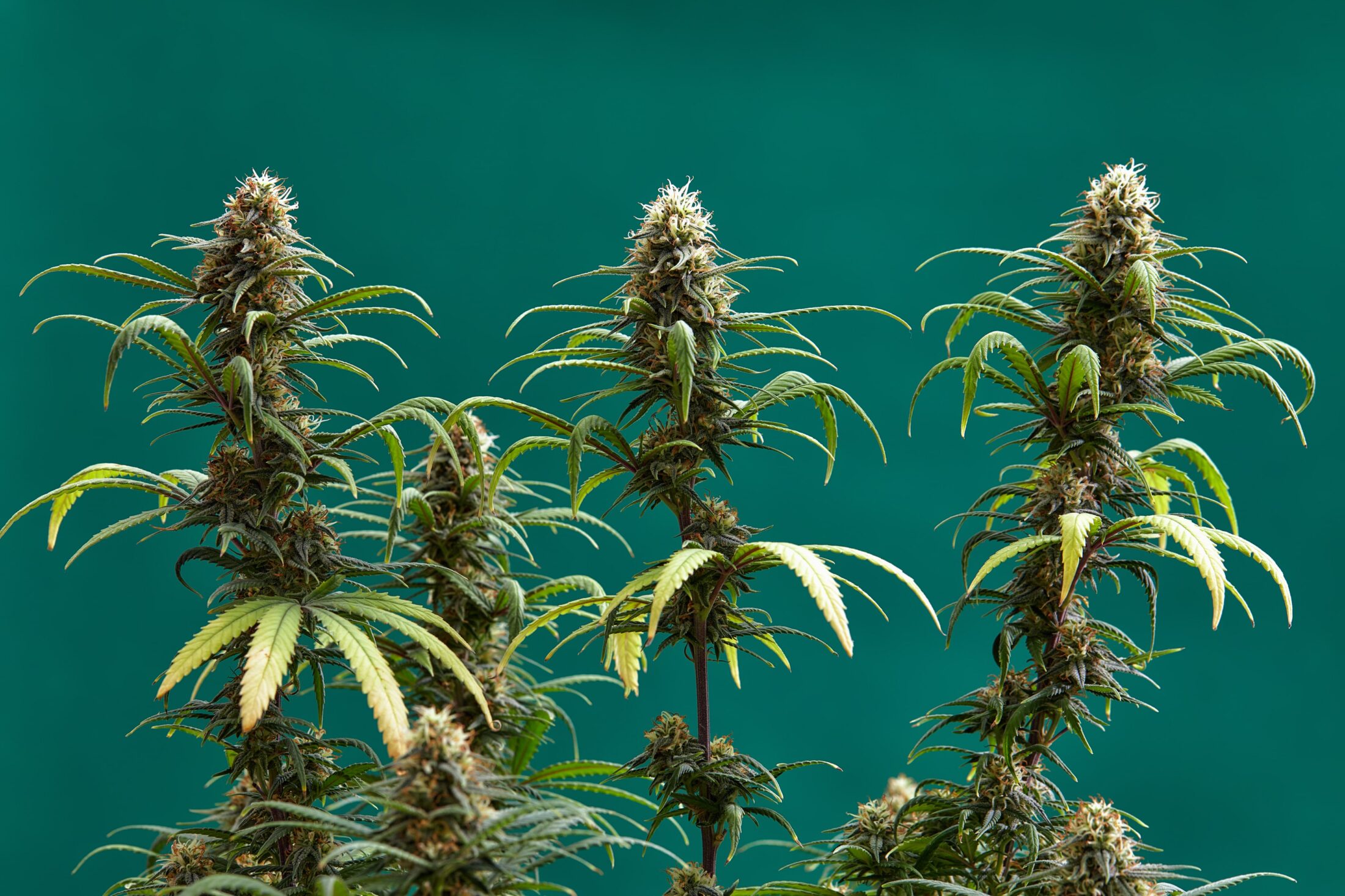Shopping Cart
Subtotal: $0.00
*Sales tax will be added at checkout
*Sales tax will be added at checkout
August 26, 2025

The relationship between cannabis and mental health is a complex and often misunderstood topic. Historically, cannabis has been stigmatized and maligned in discussions about psychological well-being, with many people associating its use with negative outcomes such as anxiety, memory problems, or lack of motivation. However, budding research and firsthand experiences point toward cannabis’s potential therapeutic benefits for certain conditions, including anxiety, post-traumatic stress disorder (PTSD), and depression. Understanding the nuanced connection between cannabis and mental health means looking beyond stereotypes, examining credible scientific evidence, and reiterating the importance of responsible use.
One of the most common myths about cannabis is that it automatically worsens mental health. Cannabis use is a deeply personal experience, and effects can vary widely across demographics. While it is true that excessive or irresponsible use (ie. mixing with alcohol) can sometimes exacerbate conditions like anxiety or paranoia, this is not the whole story. Different strains, dosages, and methods of consumption can influence how cannabis interacts with the brain. For example, strains higher in psychoactive tetrahydrocannabinol (THC) may increase the risk of anxious or paranoid thoughts in some users, while strains high in non-psychoactive cannabidiol (CBD) may have calming effects. The misconception arises from generalizing all cannabis use as harmful, without considering these variations.
Another myth is that cannabis use inevitably leads to dependency or a lack of productivity. While cannabis use disorder is a real concern for a small percentage of people, most users do not develop problematic long-term patterns. Research suggests that responsible and moderate use, especially when guided by medical advice, is comparable to how people use substances like caffeine or alcohol. It is essential to recognize that misuse is possible, but not inevitable, and this distinction helps reduce stigma and promote informed conversations about cannabis and mental health.
The therapeutic potential of cannabis for mental health is an area of growing research. For individuals living with anxiety, CBD has shown promise in reducing symptoms by interacting with the body’s endocannabinoid system, which regulates mood, stress response, and sleep. Some studies suggest that CBD may reduce social anxiety, making it easier for people to navigate stressful situations. While more research is needed, many patients report that cannabis helps them manage day-to-day stress and fosters a sense of calm without the sedative side effects often associated with pharmaceutical alternatives.
For those with PTSD, there is potential for cannabis to offer significant relief. PTSD is, at its most basic, characterized by intrusive memories and emotional distress. Cannabis, particularly strains with balanced ratios of THC and CBD, has been reported to help individuals reduce nightmares, improve sleep, and regain a sense of emotional stability. Veterans and trauma survivors are among the groups who have advocated for the recognition of cannabis as a therapeutic tool for managing PTSD symptoms. Although more long-term studies are necessary, early evidence and anecdotal reports suggest cannabis can play a valuable role in trauma-informed care.
Depression is another condition where cannabis’s role is under exploration. Some studies indicate that low doses of cannabis can elevate mood and promote relaxation, though excessive use, especially of high-THC strains, can sometimes worsen depressive symptoms. This underscores the importance of dosage, strain selection, and context. Cannabis should not be seen as a cure for depression, but for some people it may complement other treatments, such as therapy or lifestyle changes, by easing symptoms enough to support overall recovery.
While the potential benefits are noteworthy, responsible use is key to ensuring cannabis supports mental well-being rather than harms it. Factors such as frequency of use, dosage, and the specific balance of THC and CBD all matter. For beginners or those with mental health concerns, starting with CBD-dominant products and low doses of THC can help minimize risks. Consulting with a healthcare provider, particularly one knowledgeable about medical cannabis, can also provide guidance tailored to your specific needs. Cannabis use should be integrated into a healthy lifestyle that includes proper sleep, exercise, nutrition, and social support.
Another important consideration is that cannabis is not a universal solution. Everyone’s body chemistry and mental health history are different, and what works for one person may not work for another. Some individuals may experience increased anxiety or cognitive impairment, particularly with heavy or frequent use. For others, cannabis may be a valuable tool that enhances their overall quality of life. Personal awareness, trial and error under safe conditions, and an openness to both the benefits and limitations of cannabis are all part of finding the right balance.
The conversation about cannabis and mental health is gradually shifting from fear-driven stigma to evidence-based understanding. As research expands, it’s becoming increasingly clear that cannabis is neither a miracle cure nor a rogue danger. It is a plant with complex effects that can support mental well-being when used responsibly and thoughtfully. By debunking myths, exploring therapeutic potential, and encouraging responsible use, we can foster a healthier, more nuanced dialogue about cannabis and its place in mental health care. Queens Cannabis offers a wide selection of cannabis products, with free delivery to New Westminster, Delta, Surrey, Richmond, Burnaby, East Van, Tsawwassen, Ladner, Langley, Coquitlam & White Rock. Find CBD-dominant and 1:1 THC and CBD balanced options to assist you in your journey towards better well-being.

December 29, 2025
Lower Mainlanders are lucky to have a wide array of options when it comes to free weed delivery in BC. Let’s take a look at the top-rated services across Vancouver, Burnaby, Richmond, New Westminster, Surrey, and more: 1. Queensborough Cannabis Let’s start with the local legend: Queensborough Cannabis. Known for friendly staff, great deals, and […]

December 11, 2025
In Canada’s rapidly growing cannabis-wellness market, few products have taken off quite like CBD bath bombs and other topical cannabis products. What began as a niche self-care trend has become a staple in bathrooms across the country, from busy professionals looking to unwind to athletes seeking soreness relief. CBD bath bombs and THC creams offer […]

September 16, 2025
Top 20 Cannabis Stores in Vancouver (2025 Edition) — Queens Cannabis #1 If you live in Vancouver and want the best cannabis shopping experience—whether you’re after premium flower, edibles, vapes, or accessories—this is your guide. We’ve ranked the top 20 stores based on product quality, customer experience, menu variety, accessibility, and reputation. Spoiler: Queens Cannabis […]
Get news and updates about QueensBorough Cannabis Co.